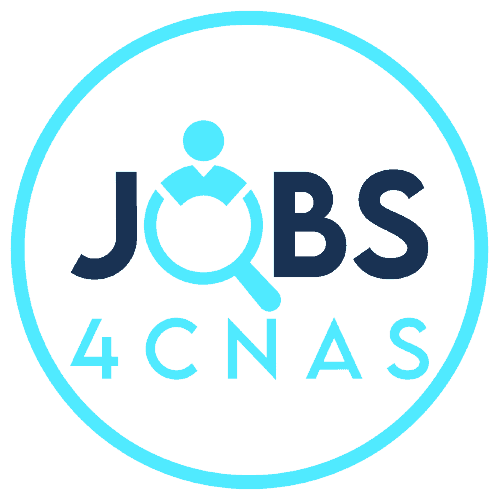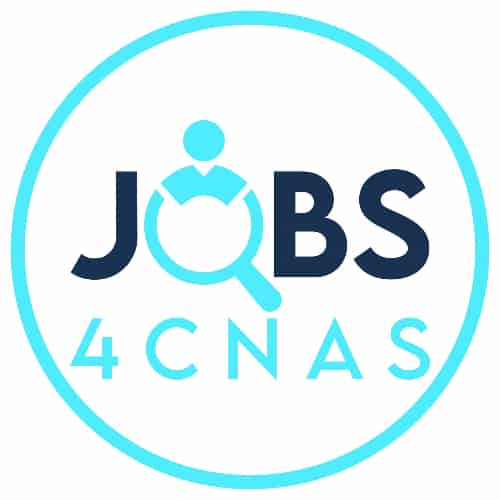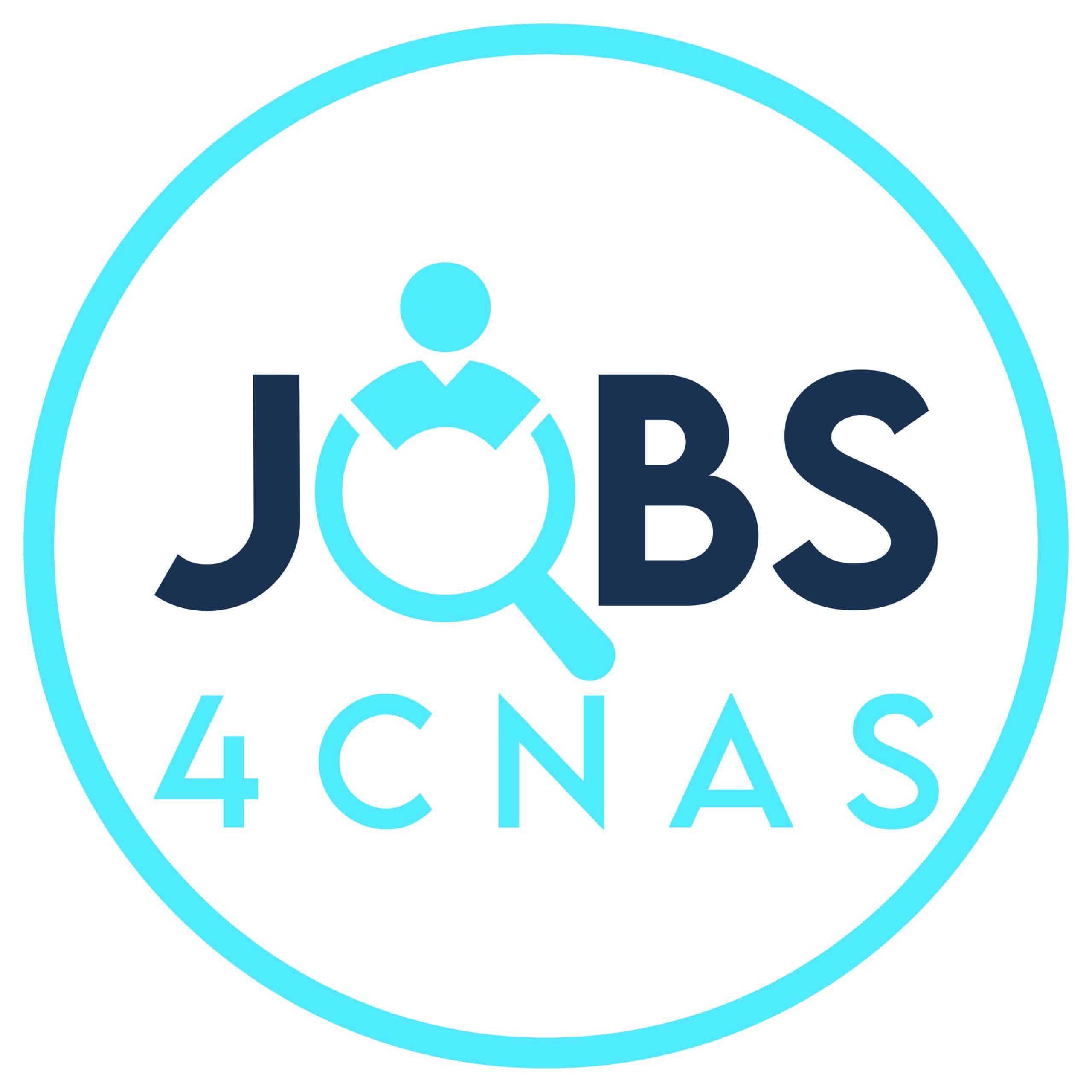Job Description
The Lead Medication Aide delivers empathetic care and assistance to individuals with intellectual and developmental disabilities. This professional engages with each client to conduct comprehensive assessments to identify and address their needs. The Lead Medication Aide cultivates a positive and supportive environment that promotes an atmosphere conducive to personal development and encouragement. Their dedication to individualized care ensures clients receive the attention necessary for their well-being and growth.
Principal Duties and Responsibilities:
- Ensure that all clients are treated with respect and dignity, acknowledging their needs and promoting independence.
- Build a rapport with clients to cultivate a safe and supportive relationship.
- Administer a variety of medications, including oral, eye, ear, nasal, rectal, vaginal, skin, topical, and G and J tube medications.
- Manage wounds effectively to promote healing.
- Check individuals who wear adaptive equipment (braces, AFOs) for sores following the set guidelines for each client arrival, midday, and departure checks of individuals on a case-by-case basis as indicated or needed per team instructions.
- Verify medication labels for accuracy, checking both dosage and expiration dates.
- Monitor clients closely during medication administration for any adverse reactions.
- Take clients’ temperature daily upon arrival at the day site, if indicated or requested by the Coordinator.
- Manage PRN medications for each client, making sure to follow the prescription and call parents/guardians as needed.
- Record all medication administration details on the Medication Administration Record (MAR).
- Assist with feeding, bathing, dressing, grooming, toileting, and ambulation.
- Monitor patients’ health status and vital signs for any changes.
- Document drug intake, modifications in treatment and medication orders, and the effectiveness of prescribed medicines.
- Ensure clients’ safety under your direct supervision and report any incidents or injuries promptly.
- Maintain and monitor feeding pumps as needed.
- Ensure adherence to all established protocols.
- Order medical supplies.
- Manage medical supplies and keep communication open with parents/guardians about what is needed.
- Uphold the confidentiality of client care information at all times.
- Treat all clients with kindness and respect, ensuring fairness in all interactions.
- Maintain a daily log of client absences.
- Participate in staff training sessions and attend staff meetings regularly.
- Attend Train the Trainer to train staff on medical procedures when absent.
- Comply with state and local standards, regulations, and our established policies and procedures.
- Perform other duties as assigned.
Qualifications:
Education:
- High school diploma/GED required
- Current certification as a medication aide in the state of Nebraska
Requirements:
- Basic understanding of medication administration principles
- Ability to accurately read and follow medication orders
- CPR/First Aid
- Mandt
Must be able to pass the following background checks:
-
-
- Nebraska Department of Health and Human Services Adult Protective Services Central Registry
- Nebraska Department of Health and Human Services Child Protective Services Central Registry
- Criminal background check
- National Sex Offender Registry
-
Physical Requirements and Work Environment:
-
- Utilize approved behavior management techniques, including the use of a de-escalation room and passive physical restraint when de-escalation and/or physical intervention is necessary for crisis management.
- Employee must be physically capable of transferring, assisting with transfers, and lifting clients who require physical assistance.
- May be exposed to infectious/communicable diseases, blood-borne pathogens, and distraught individuals.
- Employees must be able to reach and bend as they assist clients with physical activities.
- Sitting
- Use of hands to handle or feel
- Climb (stairs/ladders)
- Talk/Hear (communicate, converse, convey, express/exchange information)
- See (detect, identify, recognize, inspect, assess)
- Frequently required to stand and walk
- Exerting up to 50 pounds of force occasionally, and/or up to 20 pounds of force frequently, and/or up to 10 pounds constantly to move objects




